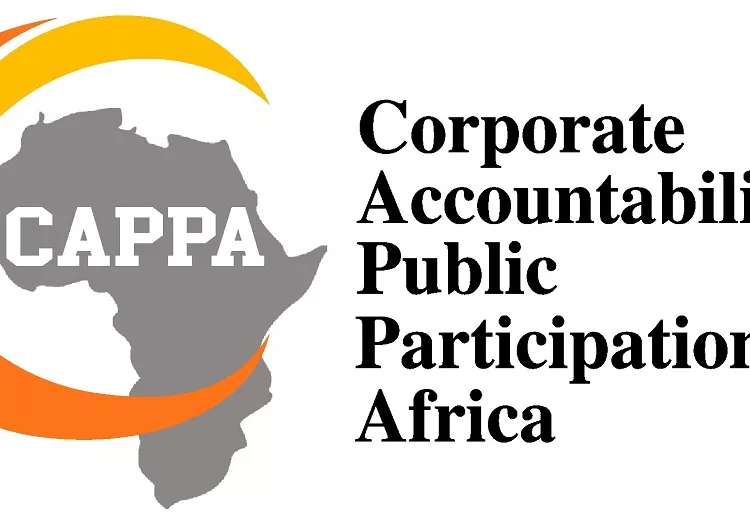The Corporate Accountability and Public Participation Africa (CAPPA) has said that Nigeria stands to earn over ₦200 billion yearly if it adopts a stronger and better-structured Sugar-Sweetened Beverages (SSB) tax, calling it an opportunity to boost public health and generate revenue for healthcare and social programmes.
Executive Director of CAPPA, Akinbode Oluwafemi, who stated this on Tuesday at a media roundtable in Abuja, described the current ₦10 per litre SSB tax as “grossly inadequate,” noting that the revenue potential and health benefits of a robust SSB tax have been proven globally.
He said, “Beyond health concerns, Nigeria is missing valuable revenue. A stronger and better-structured SSB tax has the potential to generate over ₦200 billion each year.
“These funds could directly support Nigeria’s goal of increased healthcare financing, including the Basic Healthcare Provision Fund, the National Health Insurance Authority, and school feeding programmes. helping to build a healthier and more equitable society.
Citing the rising tide of non-communicable diseases (NCDs) such as diabetes, hypertension, and heart disease conditions linked to excessive consumption of sugary drinks, CAPPA warned that the nation is in the grip of a preventable public health crisis.
He quoted a recent investigation which revealed that Nigerians now spend about ₦1.92 trillion annually treating diseases associated with unhealthy diets, calling it “a silent war that is decimating families and driving more citizens into poverty.”
From slums to suburbs, sugary drinks are killing Nigerians. And the existing ₦10/litre tax does nothing to slow that trend. It represents less than 1 per cent of the price of a drink today, far below the 20–50 per cent price increase global experts recommend to reduce consumption, he said.
CAPPA urged the federal government to increase the tax to at least ₦130 per litre to impact consumer behaviour and meaningfully encourage manufacturer reformulation. It also called for clear front-of-pack labelling, accountability in tax utilisation, and legal safeguards to prevent industry interference.
Oluwafemi warned that inaction will only worsen the crisis, especially as Nigeria becomes a target market for unregulated sugary beverages, including foreign energy drinks with no safety labels.
He dismissed common industry arguments against a higher SSB tax, such as fears of job losses, economic harm, and low per capita sugar consumption as “recycled scare tactics.” He pointed out that countries like Mexico, South Africa, and the UK have implemented high SSB taxes, recorded reduced consumption, and maintained stable job markets.
CAPPA’s strong advocacy came at a time when the World Health Organisation and other global health bodies are calling for increased taxes on sugary products to combat NCDs.
The organisation urged President Bola Tinubu to fulfil his “Renewed Hope” pledge by leveraging consumption taxes to protect public health.
Also speaking at the event, economist and public health advocate, Austin Iraoya, urged the federal government to significantly raise taxes on SSBs, describing the current levy of ₦10 per litre as “grossly inadequate” to address the country’s mounting burden of non-communicable diseases (NCDs).
Iraoya, who spoke virtually, stressed that while SSBs are cheap and widely accessible, their cost is hidden in their heavy toll on public health and family incomes.
“When people consume these sugary drinks excessively, they increase their risk of developing diabetes, heart disease, stroke, and obesity. Treating these illnesses isn’t cheap; it’s a huge burden on the health system and families, especially low-income households,” he stated.
He noted that producers and sellers of these products do not bear the health-related costs associated with their consumption.
Citing global best practices and WHO guidelines, Iraoya pointed out that an effective tax on sugary drinks should amount to at least 20–30 per cent of the retail price, with WHO recommending up to 50 per cent for real impact. In contrast, Nigeria’s current tax, at just ₦10 on a litre of soda that retails for about ₦800, amounts to less than 1 per cent.
“This tax neither discourages consumption nor generates enough revenue to fund preventive health programmes. Countries like South Africa, Mexico, and the UK have adopted stronger SSB tax policies and are already recording significant health and economic benefits. Nigeria must follow suit,” he said.





